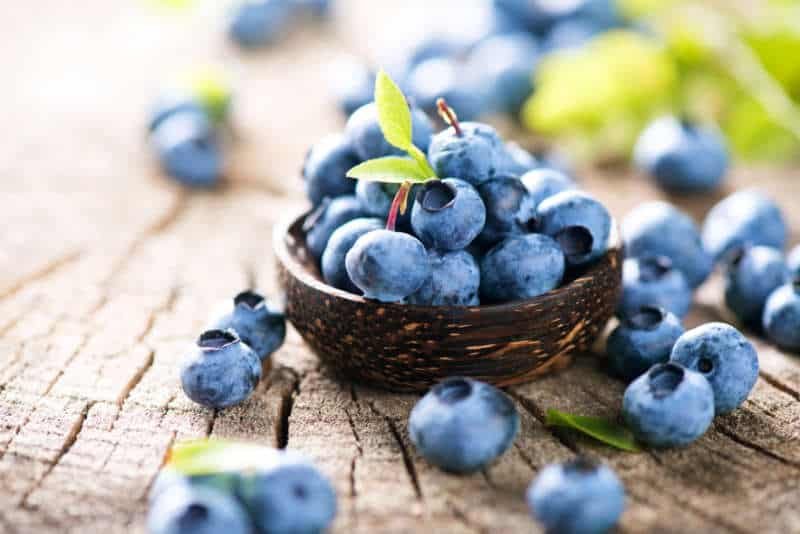What is a Whole Food Plant Based Diet?

The history of the term Whole Food Plant Based diet goes back to the early 1980s.
Dr Campbell came up with the term during his work as a member of the NIH research grant review committee. Being the only member with lab-based research experience about the role of nutrition in the development of human cancer, he articulated a word for the type of food that appeared to play a crucial role in cancer.
Whole plant foods are fruits, vegetables, whole grains, legumes, nuts, and seeds. These are at the core of a nutritious and balanced diet.
— GingerKale
Not Vegetarian, Not Vegan
The word vegetarian was not a very popular term within the scientific community. It was also not a word that seemed accurate. Vegetarians may still consume dairy, eggs, and fish, which was not in line with the nutritional evidence that was accumulating (namely to avoid all animal foods).
At the time, Dr Campbell was unaware of the word vegan, so that was not part of the consideration.
But, it was the taboo in the world of science relating to the word vegetarian that required him to come up with a neutral word: Plant-based. Not much later, they added the phrase whole to clarify that non-wholesome plant-based foods (for example, supplements and refined plant foods such as white flour and oil) do not promote health. Dr Campbell doesn’t think the word vegan is accurate, as vegans may still consume too much processed (plant) foods.
Thus the term Whole Food Plant Based diet emerged, or WFPB in short.

Two Elements: Whole Food and Plant Based
The term Whole Food Plant Based diet consists of two elements.
The most important aspect is to eat plant-based foods, which automatically excludes any animal products, so no meat, fish, cheese, milk, eggs, etc.
The term whole food clarifies that the focus is on eating whole plant foods and avoiding/minimizing non-wholesome (processed) plant foods.
A simple example is wheat. Whole wheat, as the name itself implies, is a whole food. White flour is not. White flour is a processed plant based food. Another example is olives (whole plant food) and olive oil (processed plant food.
A big part of nutrients gets eliminated in processed plant foods, including fiber, vitamins, and minerals. In many cases, they appear to harm our health. Thus we can’t consider processed plant foods to be healthy. It’s best to avoid them, or at least minimize their intake.
Vegetable or plant oils are perhaps the most dangerous processed plant food. Diabetes and heart disease, two of our leading killers, are both strongly linked to the consumption of vegetable oils.
Some processed plant foods are relatively harmless, neutral, or even slightly beneficial. Think of plant milk and white rice, for example. If you want to eat a healthy, balanced and nutritious meal, it is best to minimize them or to eat them in combination with whole plant foods.
Whole Food Plant Based diet: Minor Differences, but the Core is the Same
Within the whole food plant based community, there are some minor differences in approach. In general, it is safe to say that there is a guiding principle: Maximize the intake of whole plant foods.
For specific approaches, read the evidence-based dietary recommendations of Dr Campbell, Dr Greger, Dr McDougall, and Dr Esselstyn.

You’ll find that they agree on about 95-98%, while there are minor and insignificant differences that makeup approximately 2-5% of their dietary recommendations.
Again, let’s keep it simple by recognizing the main principle of maximizing the intake of whole, plant foods.
The closer we get to a WFPB diet, the healthier we will be.
— Dr Campbell
Book Your Coaching Session
We offer plant-based coaching sessions for those who want to transition to a Whole Food Plant Based lifestyle, or to those who have already started but are facing challenges. The coaching sessions are aimed at offering motivational and practical advice such as cooking, shopping, family challenges, going out for dinner, overcoming psychological challenges, changing habits, and more. Note: No medical advice is given in the consults.

Get Started!
When you transition to a Whole Food Plant Based lifestyle, all sorts of challenges appear on the path. If you are really serious about this, you may need to give up some of your favorite foods and flavors and try to replace them for new ones. You may feel limited at first, but you’ll be surprised by the variety of new foods and flavors. To help you get started, we’ve put together a list of 5 simple food tips.
